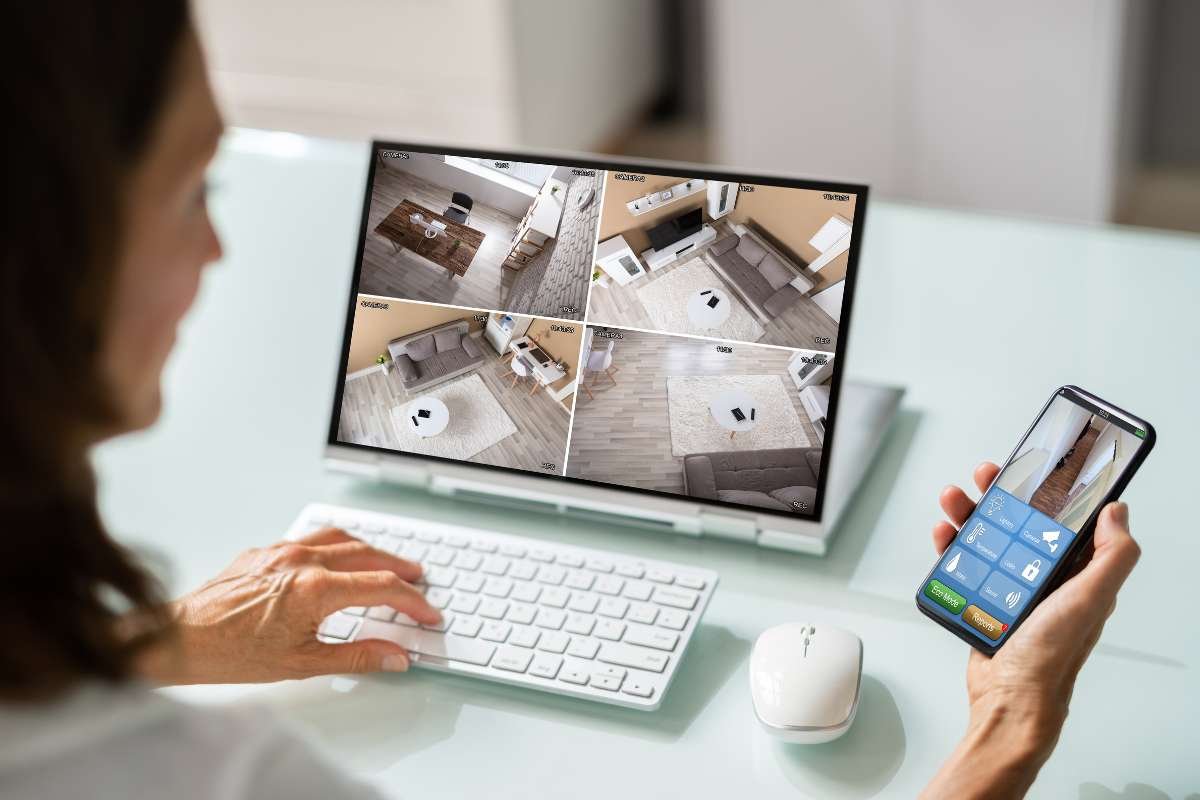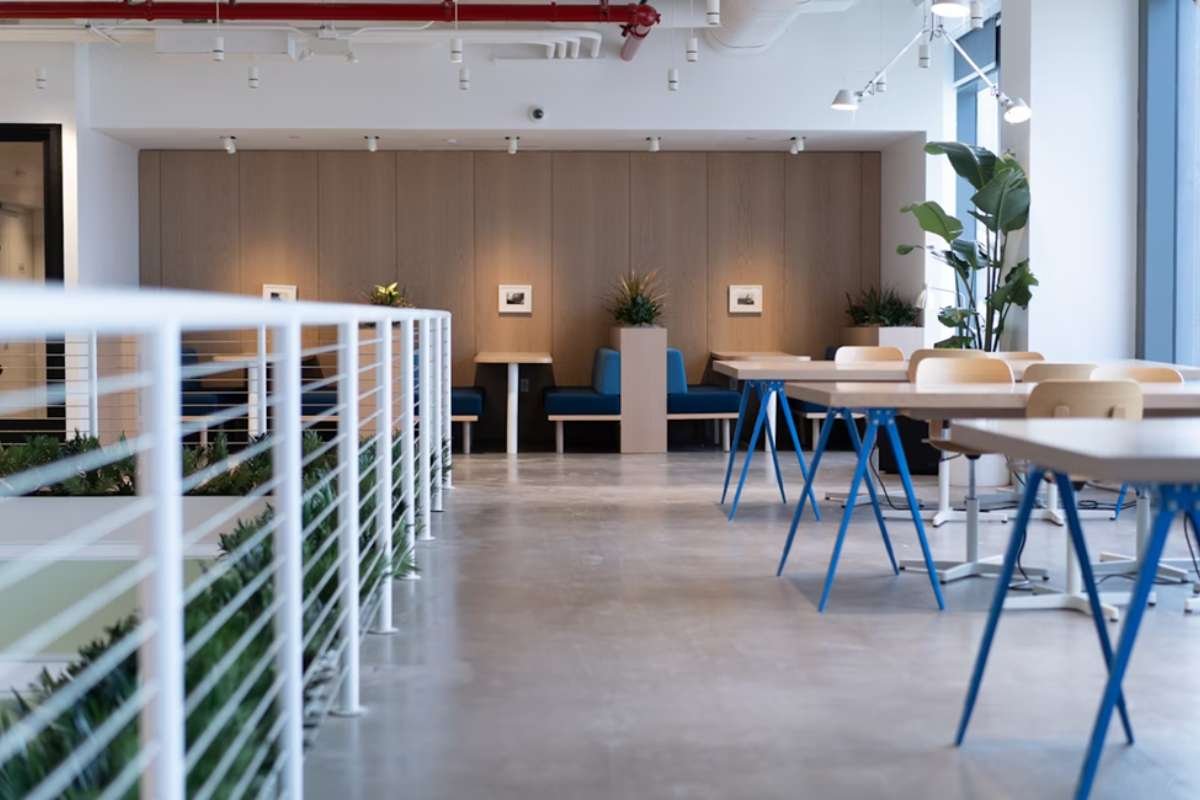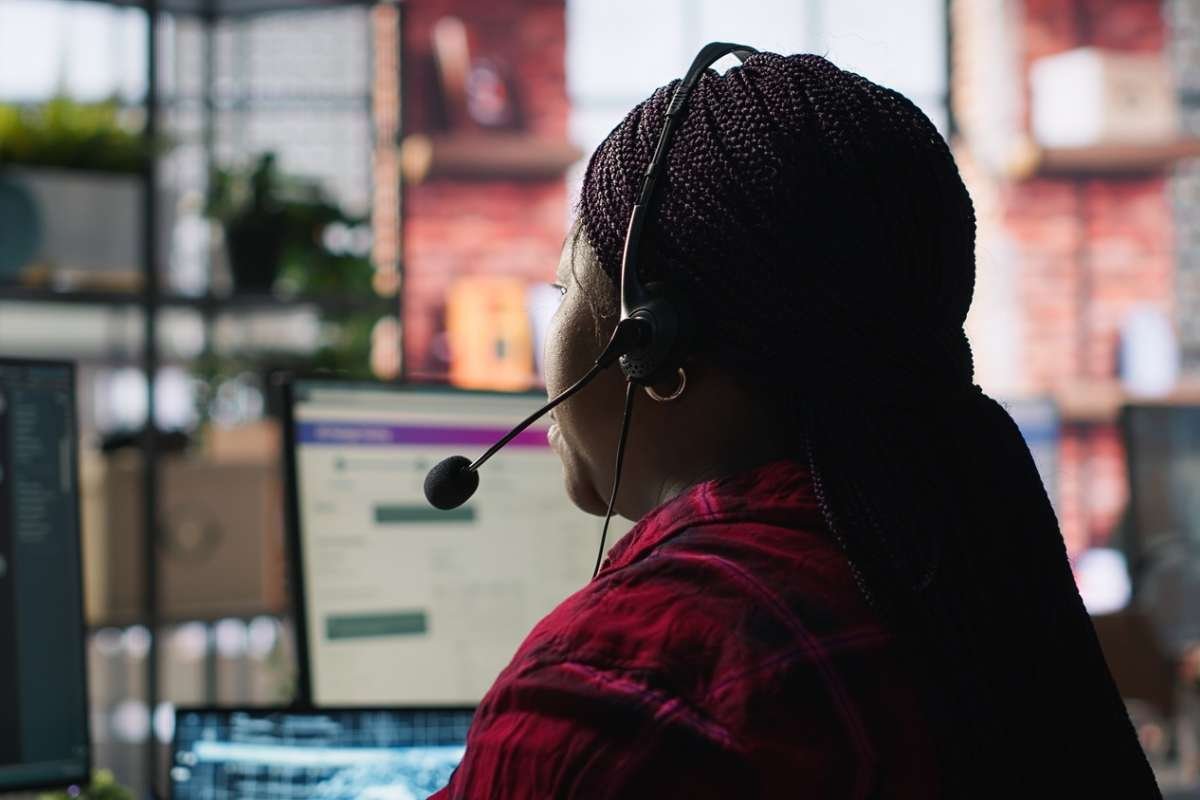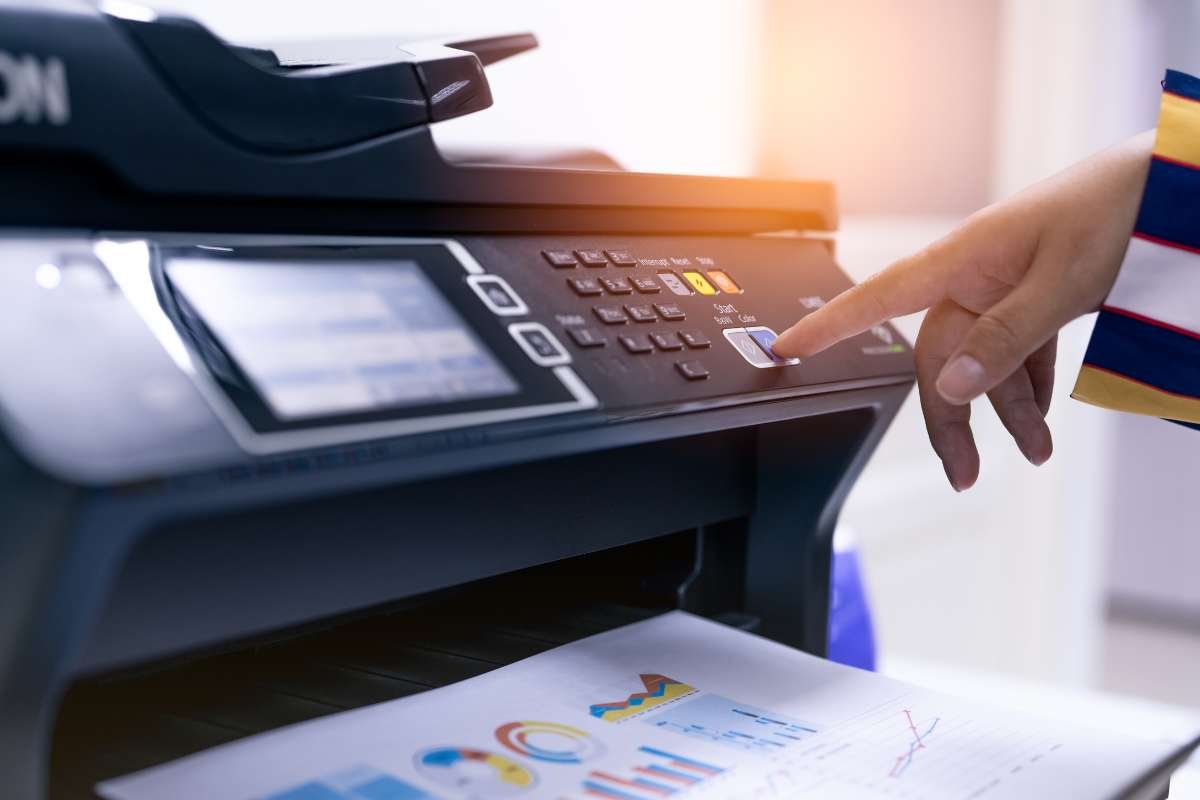As we live in an increasingly remote work environment, the boundaries between professional and personal life seem less obvious. These days, your house isn’t just where you live; it’s your office, conference room, and business headquarters all rolled into one. Securing your space has never been more critical.
Smart home security systems provide peace of mind while you focus on professional responsibilities. They’re transforming home safety for the work-from-home generation. Let’s discuss how.
Advancements in Home Security
Remember when home security meant a simple deadbolt and an alarm system with a few motion sensors? Those days are long gone. Modern security systems have evolved to include video doorbells, outdoor cameras, indoor cameras, and various security sensors that provide comprehensive surveillance of your property.
A smart home security system offers unprecedented protection through interconnected smart devices that work seamlessly together. These devices can be controlled remotely through a mobile device, allowing you to monitor your home in real time, regardless of where you are.
Security Cameras: Your Eyes When You’re Focused Elsewhere
Security cameras serve as your vigilant observers when you’re at work. Strategically placed indoor cameras monitor your home office space, while outdoor cameras keep watch over entry points and valuable deliveries.
Most security devices offer two-way audio functionality that lets you communicate with visitors without interrupting your workflow. This feature is crucial when package deliveries or unexpected visitors arrive at your doorstep during important virtual meetings.
High-quality security cams also provide cloud storage plans for footage. You’ll have access to video feeds should you need to review an incident later. Many systems offer days of video storage as part of their basic package, while extended options are available in comprehensive subscription plans.
Smart Alerts: Minimizing Distractions, Maximizing Awareness

Traditional alarm systems might trigger false alarms at inconvenient moments. Fortunately, today’s security solutions use advanced motion detectors and sophisticated sensors to distinguish between normal activity and genuine security concerns.
You can customize notification preferences to receive push notifications for specific alarm events that require your attention. Additionally, you can filter false alerts that would otherwise disrupt your workday. This level of customization creates a perfect balance between staying informed and maintaining focus.
Remote Control: Managing Security While at Work
As a remote worker, you need to control your smart home security systems from anywhere. Through user-friendly mobile apps, you can arm or disarm the system, check camera feeds, communicate with visitors, and control connected devices like smart locks and garage door openers—all without leaving your desk.
This remote functionality creates a virtual command center at your fingertips. Many systems integrate with digital voice assistants, enabling voice commands for hands-free operation. You can still use them even if you’re in the middle of important tasks.
Professional Monitoring vs. Self-Monitoring: Choosing What Works for Your Remote Setup

Security companies typically offer various subscription plans with different levels of service. Your choice could be between professional monitoring plans and self-monitoring options.
Professional monitoring is understandably the costlier option. It provides 24/7 oversight from monitoring centers, ready to dispatch emergency services if trouble arises. This option works great when you’re fully occupied.
Self-monitoring plans, on the other hand, put you in complete control. You receive all alerts directly and decide how to respond to each situation. It requires more attention, but it’s great for those on a budget as it eliminates monthly subscriptions for monitoring services.
Many opt for a hybrid approach: self-monitoring during working hours and professional monitoring as a backup plan during travel or vacation periods.
Smart Home Integration: Beyond Basic Security
An extensive automation security system protects your home while optimizing your work environment. Smart home integrations—for instance, with smart speakers, thermostats, and lighting systems—enhance both safety and productivity. You can create custom rules that automatically adjust security settings based on your work schedule, ensuring optimal protection during your most focused work periods.
These integrations also contribute to energy management. Intelligent automation of heating, cooling, and lighting based on occupancy and work patterns potentially reduces energy bills.
Protecting Your Digital World: Cybersecurity Considerations
As a remote worker, protecting your personal data is as crucial as securing your physical space. When selecting a smart security system, consider options with strong encryption, two-factor authentication, and regular security updates.
Look for systems offering cellular backup for internet outages and cellular connections as alternatives to Wi-Fi. These backup connections ensure your security remains intact even during connectivity disruptions that might affect your workday.
Making the Right Choice for Your Remote Work Situation
With the wide variety of smart home security systems available, selecting the right option requires careful consideration.

- Consider your budget. Balance equipment costs against monthly subscriptions. Many companies offer equipment purchase options with optional monitoring plans added separately.
- Evaluate installation requirements. Do-it-yourself or DIY security options can be more affordable and flexible. However, professional installation might be worth the installation fee for complex systems.
- Assess app functionality carefully, as this will be your main interface with the system during work hours. A streamlined app experience can make security management efficient rather than distracting.
Always consider your specific requirements before signing up. For example, you might need advanced security technology if you’re handling sensitive information and expensive equipment.
Key Takeaway
Smart home security systems have changed the game for remote workers. By integrating security technology with smart home capabilities, these systems create safer, more efficient environments where you can focus on productivity without compromising on safety.
As remote work continues to evolve, smart home security systems will remain essential tools for everyone. After all, they’re keys to safeguarding physical workspace and the digital assets that power every professional’s digital life.






